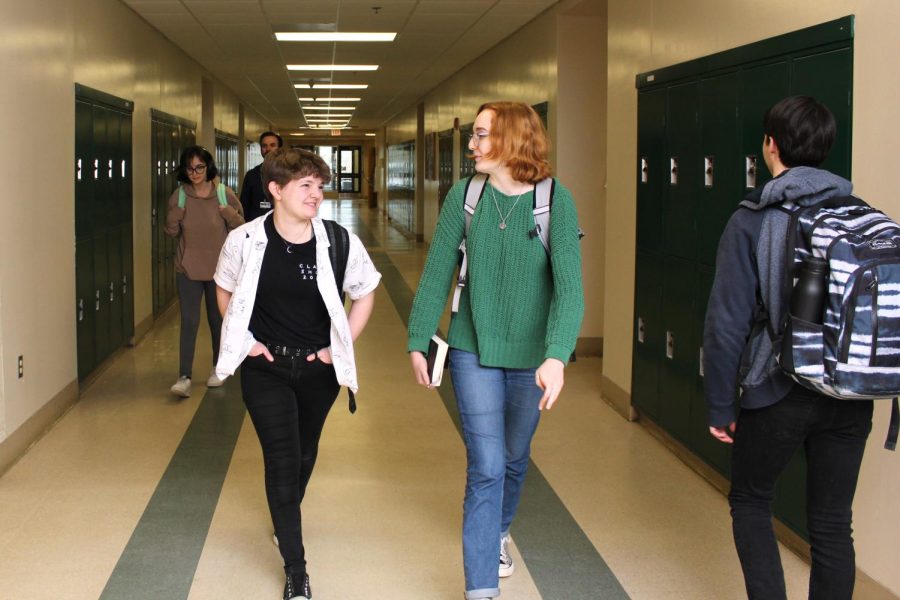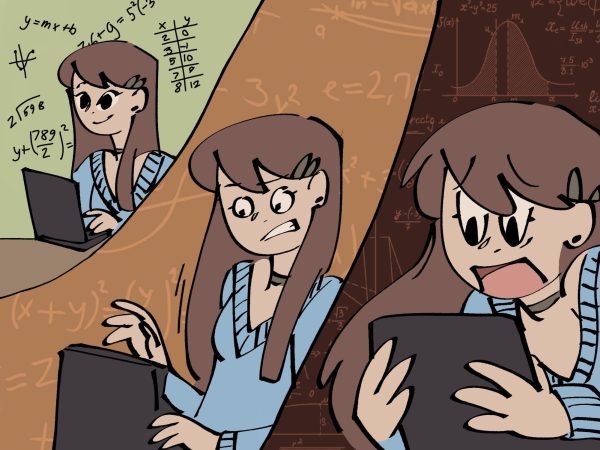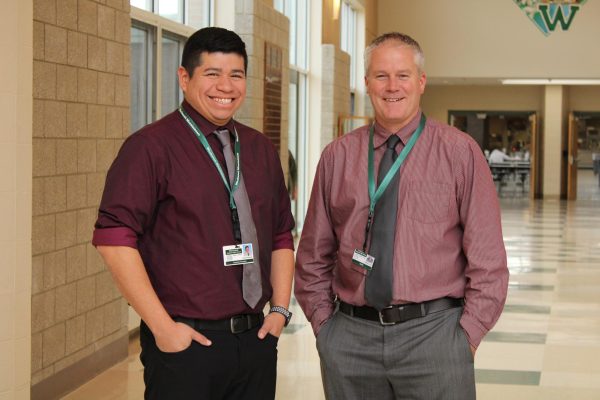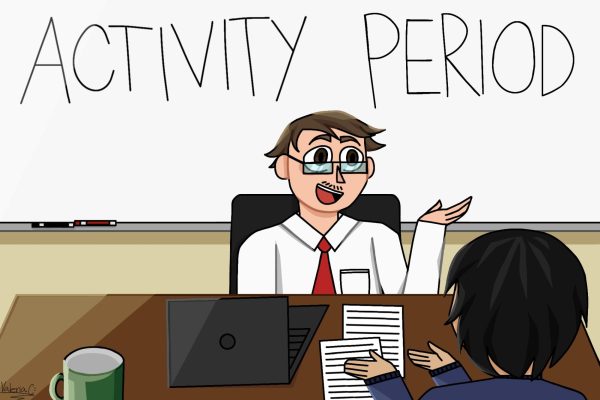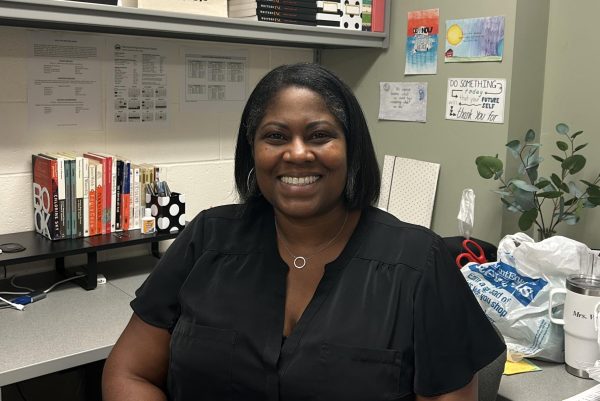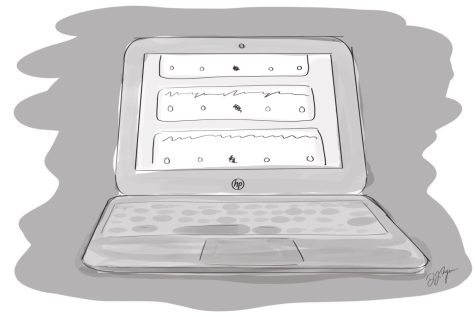Return to Normal Brings Trials
After more than two years of dealing with the pandemic, Wachusett Regional High School is fully back: no masks, no distancing, no event cancellations, and no exceptions. January 2023 marked the first year midterms returned to Wachusett after the pandemic.
Ever since high school returned to a normal curriculum, students, staff, counselors, and administrators have been feeling the lasting impacts of the pandemic on academics.
For students entering their first year of high school, this year marked their first full year of academic normalcy. For seniors, despite the completion of three years in high school, they faced a similar transition.
The freshman class of 2026 are the first high schoolers who are experiencing the Regional absent of any COVID protocols.
Many of the freshmen are excited by this change.
“It felt good to lose the last part of middle school,” said freshman Brayden Rubino. “School is now moving at a good pace. I enjoy the freedom that comes with it.”
Seniors began and will end their high school careers normally, but the entirety of the time in between was interrupted by the struggles of COVID-19.
“It feels refreshing to be able to have a normal year but also unfamiliar,” said senior Emma Finnerty. “Most of my high school career has been masking and Google meets, so this has been a new experience. Building friendships was also tough, especially during sophomore year. Being in remote [learning] really made it difficult to build relationships, but being in person again allowed me to build new relationships. Face to face connection helps.”
Many people were concerned about the long-term effects virtual learning would have on students, specifically its impact on social development and students’ mental health.
“COVID-19 precipitated a major mental health epidemic which acutely affected kids and teens,” said social studies teacher Joe Jourdain. “It really made myself and others rethink what community is about.”
Students also suggested that the lack of on-camera students in remote learning caused a great deal of social disconnect between students.
“Zoom calls were pretty slow,” Rubino said. “It took a minute for me to recognize the faces of my peers when we finally came back.”
According to teachers, this disconnect between students created a vastly different classroom environment upon return.
“Remote learning was a shadow of the daily classroom experience,” said Jourdain. “There was no good way to teach out of school no matter the effort we put in, so re-integration into an academic environment became quite a challenge.”
With this re-integration also came a return to traditional grading practices.
“Grade inflation is a big deal. In 2020, students got 100% for everything they did, so it influenced the idea that an A is success and B is failure,” said Jourdain.
The counseling department is handling how students are reacting to being back in classes full time. Students are experiencing high levels of stress but it hasn’t seemed to affect students dropping courses.
“The dropout rate for classes is about the same as before the pandemic, but people are more aware of it and concerns are caught earlier,” said guidance counselor Allison Connors. “It is a big transition to balance social life with school and extracurricular activities again, and most of the stress over peoples’ grades come from homework and test schedules.”
Although classes are back to normal at the Regional, many colleges have not changed their COVID-19 policies regarding the SATs.
“Most schools are still test-optional, which goes for this year’s seniors, this year’s juniors [class of 2025] and even this year’s sophomores [class of 2026],” said Connors.
Due to the many changes that have occurred at the Regional over the past years, many Mountaineers are grateful for the return to normalcy.
“It feels good to finally get back into the swing of things,” Connors said.

Julia started working on the Echo in Ms. Sasso's class. Julia enjoys skiing and working out outside of school



